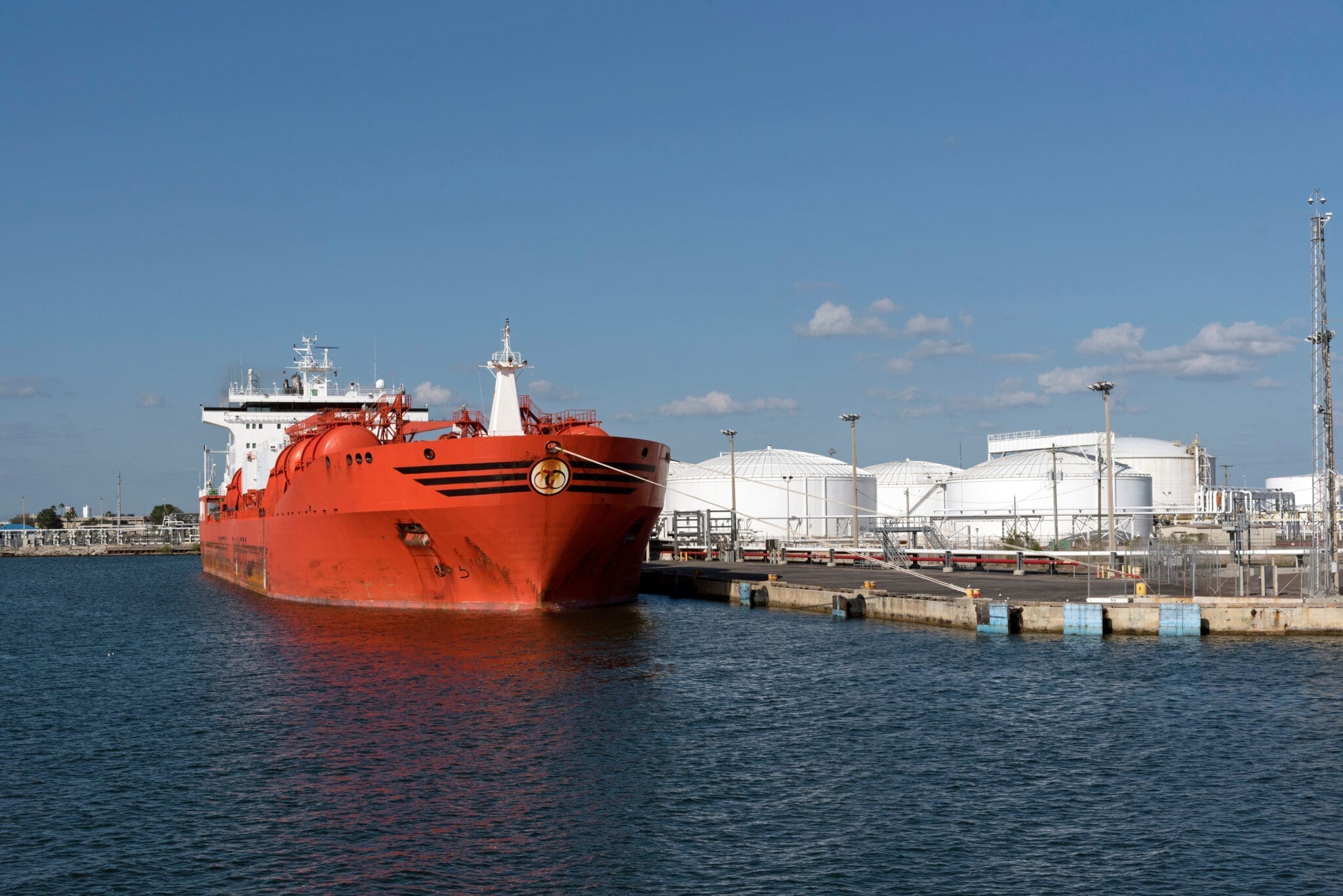Ethical business practices in Europe are changing. Since the UK’s landmark Modern Slavery Act, which tightened regulations over forced labour and human trafficking, a steady stream of new legislation is forcing businesses to tighten their ethical business practices in line with new rules.
The latest country to implement new ethical business legislation is Norway. Becoming law from 1st July 2022, the new Act will see liable businesses carry out due diligence of their entire supply chain to identify, prevent and report on potential working standards and human rights violations. While some parts of this new legislation are similar to equivalent ethical business laws found elsewhere in Europe, the Norwegian Transparency Act goes further in some ways.
What is the Transparency Act?
From the beginning of July 2022, the Norwegian Transparency Act will impose new due diligence rules on large businesses operating in Norway. Drawing on OECD guidelines, businesses that fall under the scope of the new rules will need to conduct human rights and decent working conditions assessments across all their supply chains to ensure that appropriate standards of ethical employment are being met throughout.
The central aim of the new Act is to make larger businesses more responsible and accountable for ensuring the right standards are being met by all of their suppliers, and to ensure these businesses regularly disclose their continuous efforts to stamp out unethical practices.
Who will it affect?
The new rules will apply to any business registered in or selling to the Norwegian market that meets two of the following three criteria:
- Sales revenue equals or exceeds NOK 70 million
- Balance sheet equals or exceeds NOK 35 million
- At least 50 full-time employees (or equivalent annual person-hours)
But with the Act promising an elevated level of due diligence being carried out across entire supply chains, the legislation will bring large-scale changes to the way many contractors and sub-contractors operate. So, while the above criteria will see a handful of businesses having to follow the new rules, the wider implications will impact both upstream and downstream suppliers, meaning that the impact of the new rules will be widespread.
What does the Act cover?
The new Act replicates similar supply chain legislation across Europe but is notably more stringent than other legislation in rendering large businesses more responsible for the standards of all their suppliers. Whereas some regulations typically emphasise the role of businesses in ensuring good practices in their upstream supply base, the Transparency Act also calls for additional measures to be taken in downstream supply chains as well as with business partners.
The Act defines a supply chain as any party in a chain of suppliers that supplies or produces goods or services included in an enterprise’s delivery of goods or services from the raw material stage to a finished product. The Act forces businesses to identify, address, prevent and limit violations of decent working conditions in both its upstream supply base and, thanks to the enlarged scope of the Act, downstream suppliers as well. The Act breaks new ground in significantly expanding the scope of previous regulations. To remain compliant, businesses need to be incorporating ethical standards at every stage of their operations.
Accordingly, businesses will also be required to make accurate disclosures of their supply chain monitoring. Firms will need to produce an annual report by June of each year, with the first report due by June 2023, detailing how businesses are meeting the new standards of compliance. The Act also compels businesses to respond to public requests for information.
What happens if the Act isn’t adhered to?
Businesses that don’t adhere to the new regulations can face sanctions and fines. A range of sanctions can be applied to businesses, such as enforcement penalties, infringement penalties and prohibitions and orders.
With the Act forcing businesses to carry out more detailed due diligence and to make accurate disclosures about their efforts, non-compliant businesses also face significant reputational damage if they are found to be in breach of the new rules.
How can Achilles help?
With regulations around supply chain compliance tightening, businesses need insights on how their suppliers work. At Achilles, we gather information on all your suppliers – including sub-suppliers – to ensure ethical business standards are being met. We provide an additional level of rigor to your code of conduct, CSR and modern slavery statements.
Find out about how we can help maintain high standards throughout all your suppliers. Learn more about how our ethical business programme can help.


